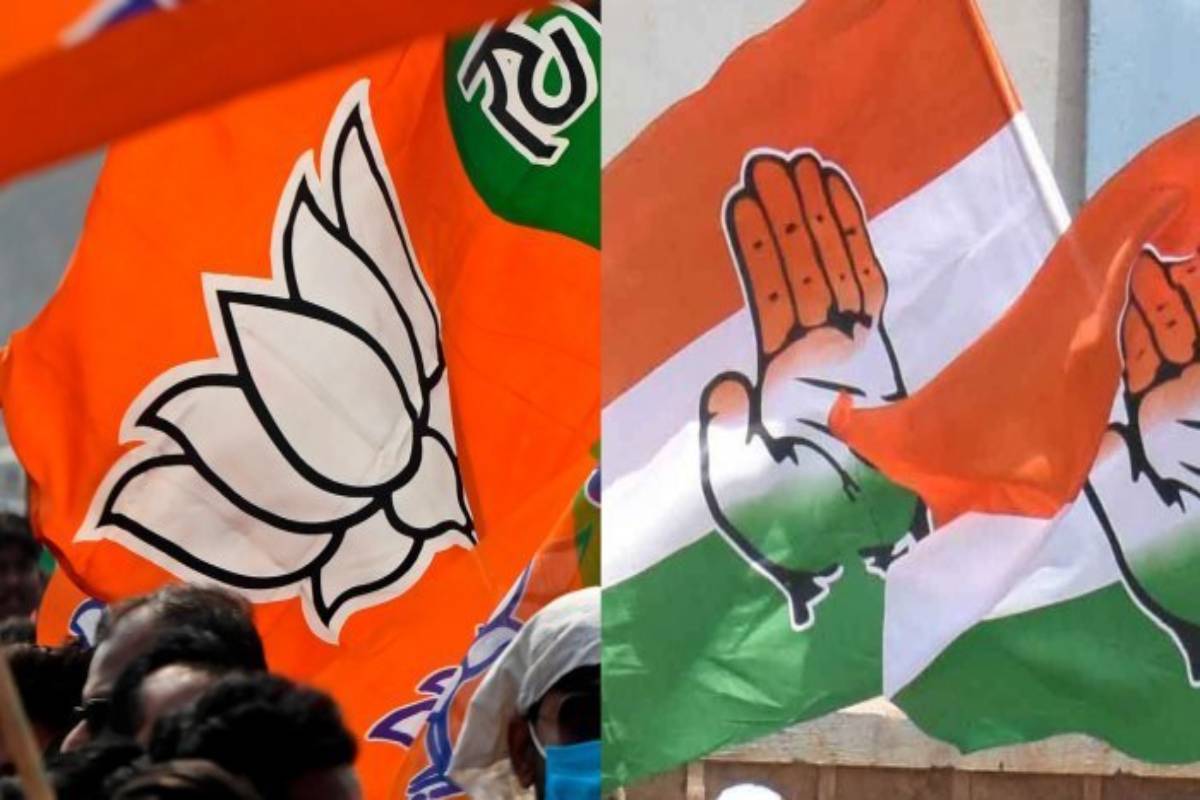‘No alliance with AAP in Delhi’
Delhi Pradesh Congress Committee (DPCC) chief Devender Yadav is counted as one of the prominent politicians in the national capital.
An overlooked aspect of this election is the starkly different approach of the Bharatiya Janata Party and the Congress in the realms of technology and human rights.

(Photo: SNS)
An overlooked aspect of this election is the starkly different approach of the Bharatiya Janata Party and the Congress in the realms of technology and human rights. This divergence is not merely academic but could have implications for the country’s socio-economic fabric and its governance ethos. The BJP’s manifesto is heavily tech-centric, envisioning a future where technology is the linchpin of development.
Under the chapter ‘Modi ki Guarantee for Technology and Innovations,’ the BJP outlines an ambitious agenda to harness cutting-edge technologies across various sectors. From leveraging AI for language preservation to employing drones in fisheries, the party’s commitment to technological innovation is evident. Initiatives like expanding 5G and pioneering 6G technologies, advancing Graphenebased programmes, and embarking on the National Quantum Mission underscore a vision of India as a global tech powerhouse. However, this aggressive push for technology raises critical concerns about the absence of a parallel emphasis on rights and privacy. The BJP’s manifesto, while expansive on technological solutions, remains conspicuously silent on how these advancements will safeguard citizens’ privacy and rights.
In an era where data privacy is paramount, this omission is significant. The manifesto does not articulate how the existing data protection laws will be enforced or improved to protect individuals’ privacy amid the tech boom. This gap is troubling, as it suggests a potential oversight in balancing technological progress with essential civil liberties. In stark contrast, the Congress manifesto takes a more measured approach, focusing heavily on a rightsbased framework. While it acknowledges the importance of technology in driving economic growth and job creation, its primary emphasis is on protecting and enhancing human rights. The Congress promises to uphold intellectual property rights, enforce the Rights of Persons with Disabilities Act, and ensure the legal protection of gig workers and domestic help. Furthermore, the party aims to amend the Digital Personal Data Protection Act to prevent governmental overreach and censorship.
Advertisement
This approach by Congress suggests a commitment to socioeconomic equity and legal safeguards although it can never be guaranteed that technological advancements will not eclipse rights of individuals. The party’s manifesto underscores the importance of addressing systemic issues such as discrimination against women and protecting the rights of religious minorities, aiming to foster an inclusive society. The divergence in these manifestos reflects broader ideological differences between the two parties.
The BJP’s techno-solution approach is forwardlooking, but risks overshadowing critical human rights issues. Congress’s rights-centric agenda, although less technologically ambitious, lays stress on legal and social frameworks. For India, the path forward must balance these two approaches. Technological advancements are undoubtedly crucial for economic growth and global competitiveness. However, these must be pursued without compromising on the protection of individual rights and privacy. A balanced strategy that integrates technological innovation with robust rights-based safeguards will ensure sustainable and inclusive development.
Advertisement